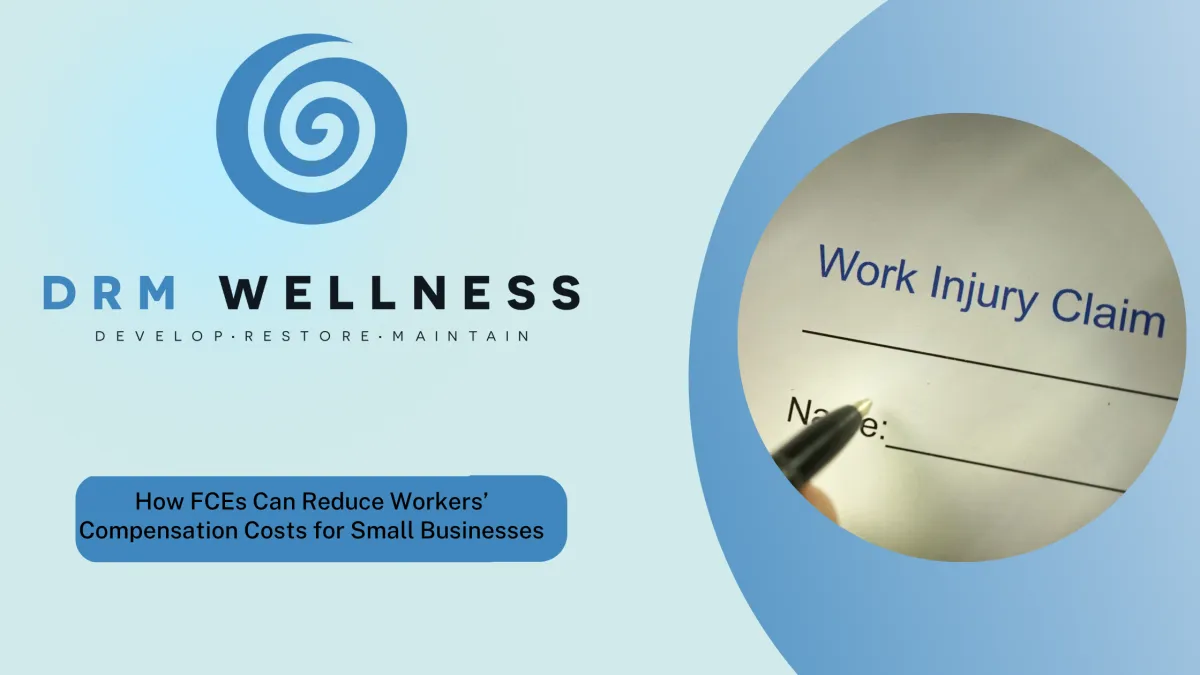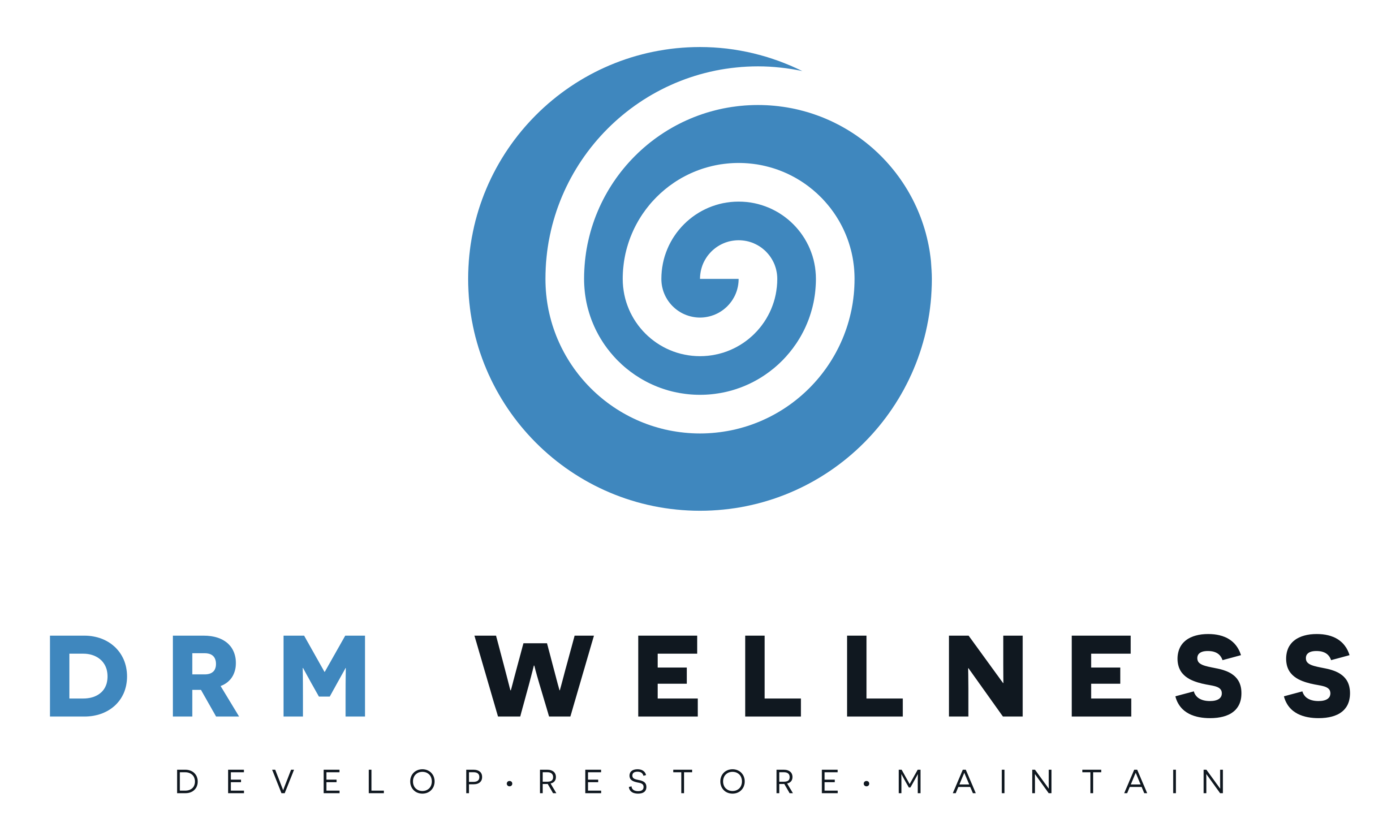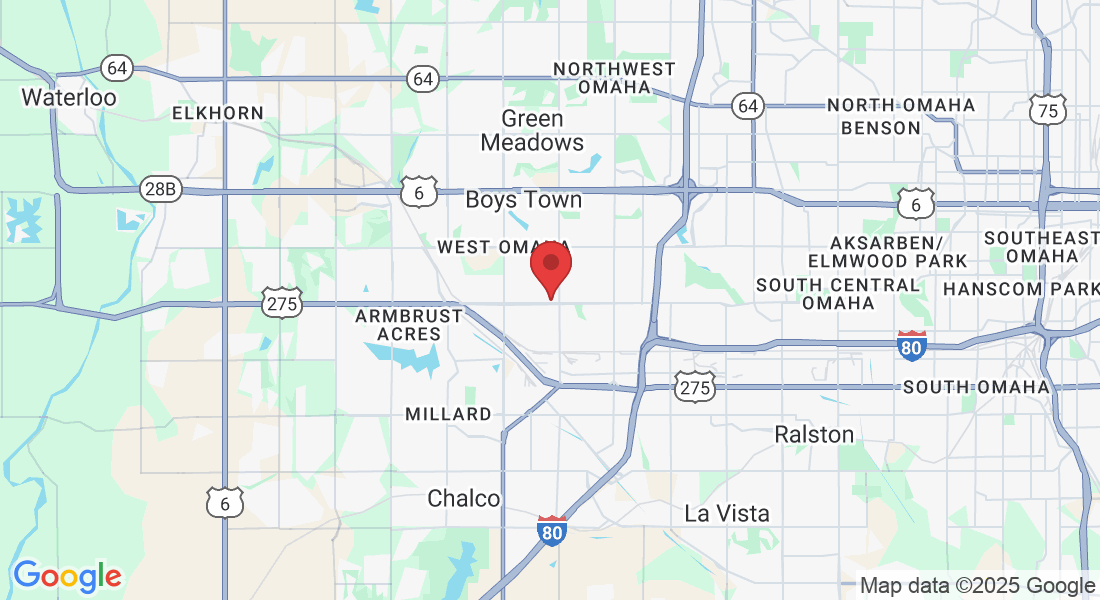Blogs
“When health meets heart, the conversation begins, and it starts here.
Knowledge that empowers. Stories that connect. Support that matters.”
~ DRM Wellness

How FCEs Can Reduce Workers’ Compensation Costs for Small Businesses
How FCEs Can Reduce Workers’ Compensation Costs for Small Businesses
If you are a small business owner, you know one serious injury can disrupt your team and your bottom line. Workers’ compensation claims can cost thousands of dollars, raise your insurance premiums, and leave you short-staffed just when you need every hand on deck. But there is a powerful, often overlooked tool that can help: Functional Capacity Evaluations (FCEs).
What Is an FCE? Here’s What Small Business Owners Should Know
A Functional Capacity Evaluation (FCE) is a comprehensive, standardized assessment performed by a licensed healthcare professional, typically an occupational or physical therapist, to measure an individual’s ability to safely perform work-related tasks. An FCE is designed to answer key questions such as:
What can the employee do right now, safely and reliably?
What are their physical limitations?
Are they ready to return to their job, or do they need modified or light-duty work?
How much work capacity do they have compared to their job demands?
What Does an FCE Measure?
A typical FCE looks at a wide range of physical abilities and functional skills, including:
Lifting and Carrying: Tests how much weight a person can lift and carry safely, both occasionally and frequently, using proper body mechanics.
Pushing and Pulling: Measures force and endurance when moving objects on flat or inclined surfaces.
Reaching and Bending: Evaluates upper body flexibility and strength during reaching tasks or working overhead.
Squatting, Kneeling, Crawling, and Climbing: Determines ability to perform tasks requiring lower body mobility or working on ladders or stairs.
Sitting and Standing Tolerance: Assesses how long the person can safely sit or stand without significant pain or fatigue.
Walking and Balance: Tests gait, speed, endurance, and steadiness on level and uneven surfaces.
Fine and Gross Motor Skills: Looks at dexterity and coordination for tasks like handling tools, typing, or assembling parts.
Grip and Pinch Strength: Measures hand and finger strength needed for many industrial and office jobs.
Cardiovascular Tolerance: Assesses stamina and heart rate response during sustained activity.
How Long Does an FCE Take?
Most FCEs last two to four hours, depending on the complexity of the job demands and the individual’s medical condition. Some specialized FCEs, such as those for highly physical jobs, can take up to six to eight hours, especially if a full-day work simulation is needed.
During the evaluation, the therapist collects detailed data, monitors for signs of pain, fatigue, or inconsistent effort, and documents everything carefully. After the FCE, you will receive a comprehensive report outlining the employee’s safe physical capabilities, restrictions, and recommendations for return-to-work or job modifications.
Why FCEs Matter
FCEs provide an objective, evidence-based snapshot of an employee’s current abilities, giving small business owners the facts they need to:
Make informed decisions about modified duty
Ensure safe and sustainable return-to-work plans
Reduce the risk of re-injury
Protect against unnecessary claims or disputes
The Real Cost of Workers’ Comp in Nebraska and Beyond
Workers’ compensation is not just a safety net for employees; it is a major financial factor for employers, especially small businesses with tight budgets. In Nebraska, the average cost of a lost-time workers’ compensation claim is $39,209, according to the National Council on Compensation Insurance (NCCI). Nationally, the average is even higher, with lost-time claims averaging around $42,000 per claim.
But that is just the start. Consider these important points:
According to NCCI, in Nebraska, medical costs alone make up nearly 60 percent of total claim expenses, reflecting rising healthcare prices and longer recovery times.
Indemnity costs, which are the wages paid to injured employees while they are unable to work, account for the remaining 40 percent. Even short delays in returning employees to work can cause costs to increase significantly.
In Nebraska, overexertion and bodily reaction injuries are the most expensive causes of workers’ compensation claims, with an average cost exceeding $44,000 per claim. These injuries are common in industries like agriculture, healthcare, and manufacturing.
Falls, slips, and trips are the second most costly injury category in Nebraska workplaces, averaging $41,500 per claim, according to data from the U.S. Bureau of Labor Statistics and the Nebraska Department of Labor.
Small businesses in construction, transportation, manufacturing, and agriculture are hit hardest. These sectors have injury rates up to 70 percent higher than the state average and typically experience lost time claims more frequently.
OSHA data shows that in Nebraska, the agriculture, forestry, fishing, and hunting sector has an injury rate of 6.9 per 100 full-time workers, nearly double the national average across industries.
For small businesses, even a single serious claim can trigger increases in the Experience Modification Rate (EMR), leading to workers’ compensation insurance premium hikes of 25 percent or more that can last for three years or longer.
For Nebraska’s small businesses, where profit margins are often tight and teams are often small, these costs can quickly spiral out of control. One employee injury can mean not only immediate medical and wage replacement expenses, but also lost productivity, hiring temporary staff, paying overtime to cover shifts, and higher insurance premiums that strain your budget year after year.
This is why it is so important to prevent injuries and, if they happen, to get employees back to safe work as soon as possible. Functional Capacity Evaluations provide objective data that can help you do exactly that, allowing you to avoid unnecessary costs, shorten disability periods, and protect your team’s well-being.
How FCEs Help You Protect Your Business and Employees
Here is how an FCE can help you lower costs, reduce risks, and support your employees’ recovery:
Shorten Disability Time
Workers’ compensation costs increase with every day an employee is off work. According to industry research, disability duration is one of the biggest drivers of claim costs, with lost wages and related expenses adding thousands to even minor injuries. FCEs provide clear, objective information on what tasks an injured employee can safely perform. This lets you confidently offer modified or light-duty work sooner, helping employees return to work faster and reducing the overall duration of wage replacement benefits.
Prevent Re-injury and Additional Costs
Returning an employee to work before they are truly ready can lead to reinjury, often resulting in new claims, extended time off, or permanent disability costs that can far exceed the original claim. FCEs give you a precise assessment of an employee’s current physical abilities, endurance, and tolerances. This ensures you know exactly what tasks are safe and which tasks should be avoided, helping you protect both the employee and your business from additional claims.
Avoid Unnecessary or Prolonged Claims
When there is uncertainty about whether an employee can return to work, claims can drag on longer than necessary, increasing costs and insurance premiums. FCEs eliminate guesswork by offering concrete data about the employee’s functional abilities. This discourages prolonged or exaggerated claims by providing clear, objective evidence of what the employee can or cannot do, saving your business thousands of dollars in unnecessary expenses.
Support Clear Return-to-Work Plans
A successful return-to-work plan requires more than good intentions. FCEs supply you, your insurance carrier, and your employee with detailed, evidence-based information that outlines exactly what activities are safe. This makes it easier to create customized job modifications, identify necessary accommodations, and set realistic expectations for recovery timelines. By having clear data on the employee’s abilities, you can build a safe, supportive, and sustainable plan for their return to work.
Reduce Workers’ Compensation Costs Over Time
Because FCEs provide objective evidence to support timely, appropriate return-to-work decisions, they help reduce the total costs associated with workers’ compensation claims. Shorter claims mean lower wage replacement costs, fewer medical expenses related to prolonged inactivity, and less risk of litigation or disputes over disability status. In addition, by preventing re-injury and unnecessary delays, FCEs can help keep your workers’ compensation experience rating low, saving your business on insurance premiums for years to come.
FCEs in Action: Why Small Businesses Can’t Afford to Skip Them
Consider these important statistics:
According to the Occupational Safety and Health Administration (OSHA), nearly 40 percent of workplace injuries involve musculoskeletal disorders, which often result in long, expensive disability claims.
The average lost workdays per injury is 21 days, but studies show that early intervention with assessments like FCEs can cut disability duration by up to 50 percent.
Small businesses spend an average of $1,500 per employee per year on workers’ compensation insurance. Proactively managing claims can keep rates low, freeing up cash flow for hiring, equipment, or growth.
A Smart Investment for Your Team and Your Business
At DRM Wellness, we work with small business owners to provide timely, professional FCEs that give you clarity and confidence. Our assessments help you:
Protect your employees with safe work placements
Lower your workers’ compensation costs
Create a supportive, proactive workplace culture
Maintain productivity even when injuries happen
You work hard to build your business. We will help you keep it strong, one safe, supported employee at a time.
Ready to talk about setting up FCE services for your small business?
Call us today at (402) 940-8181 or email [email protected]. Let’s protect your team and your future together.
Take The Next Step with DRM Wellness
Testimonials

MEDICAL DISCLAIMER:
All information on this website is intended for instruction and informational purposes only. The authors are not responsible for any harm or injury that may result. Significant injury risk is possible if you do not follow due diligence and seek suitable professional advice about your injury.
No guarantees of specific results are expressly made or implied on this website.
Copyright © 2025 All Rights Reserved by DRM Wellness.



Facebook
Instagram
LinkedIn
Youtube
TikTok